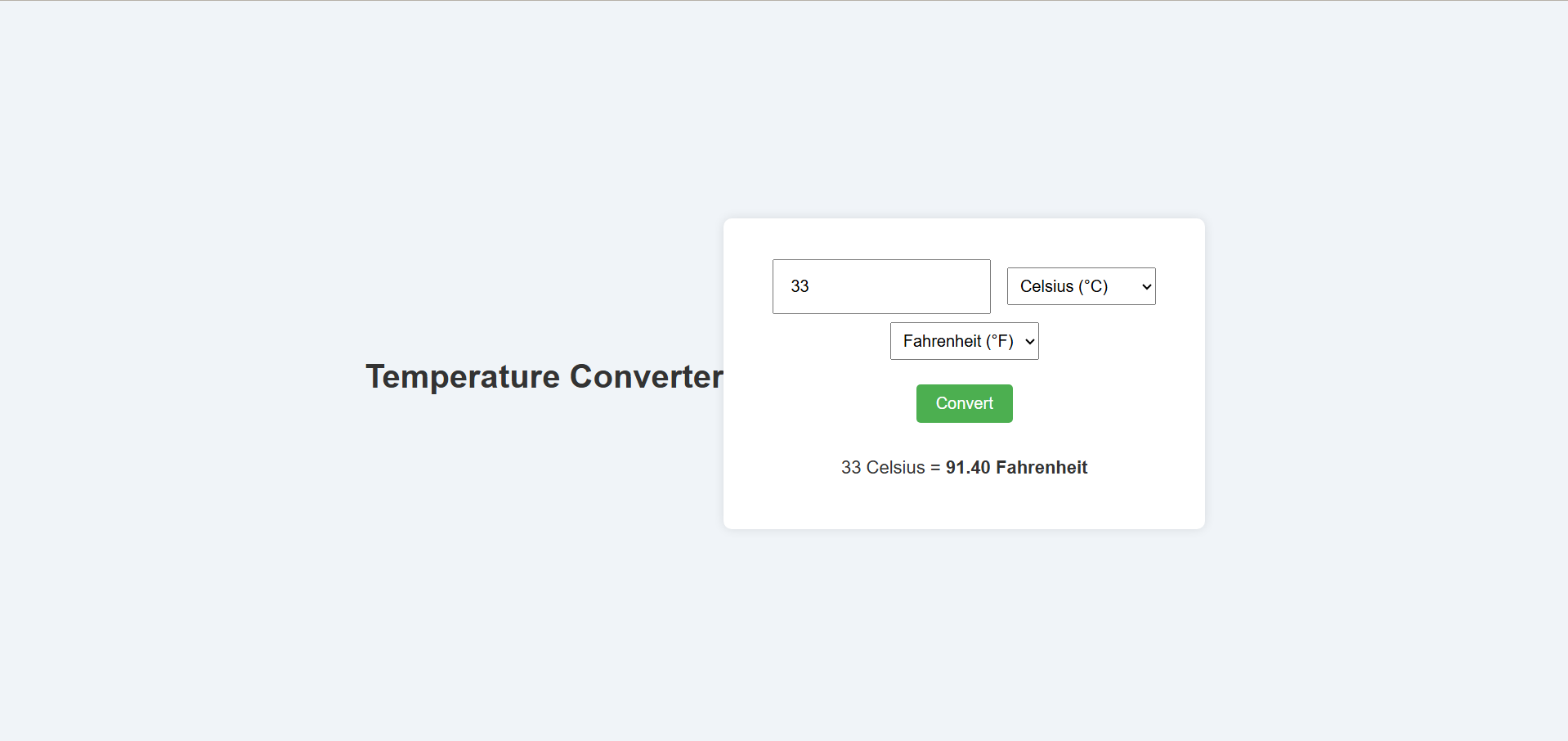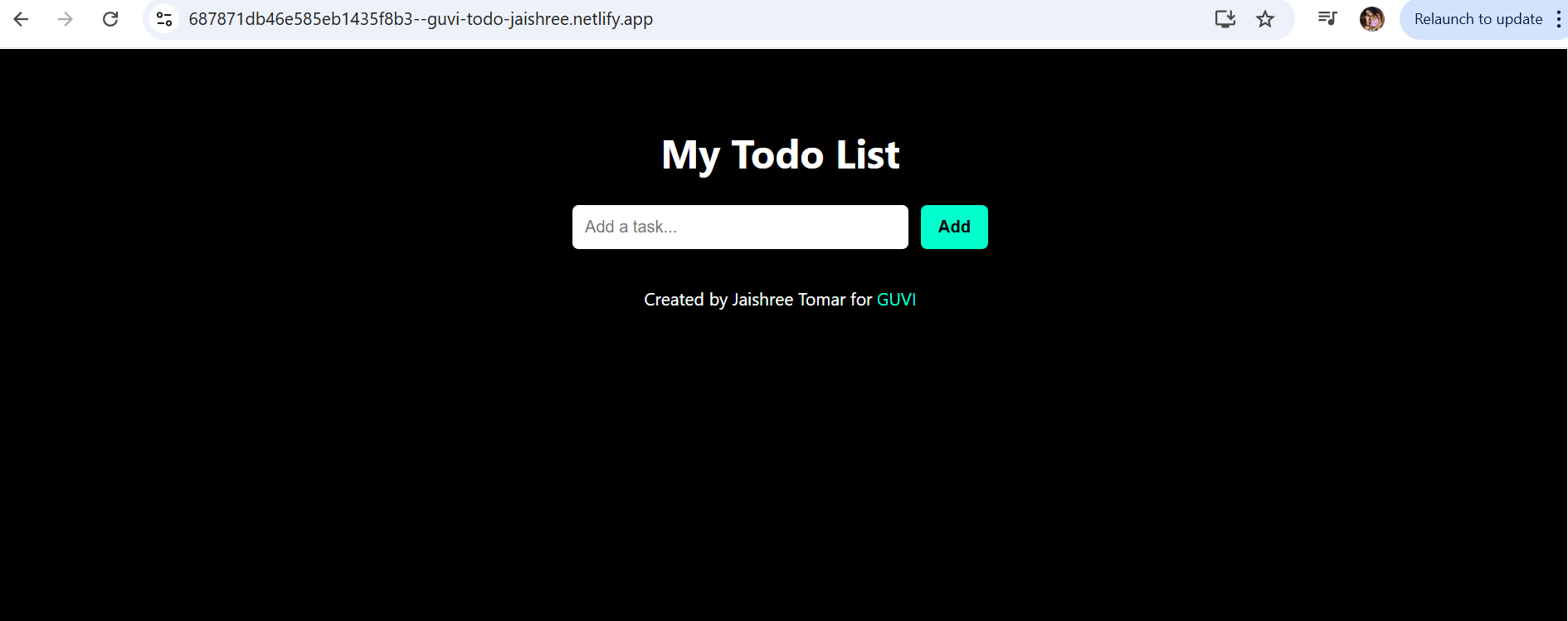What is C++?
C++ is a high-level, object-oriented programming language widely used to develop complex, high-performance software applications. It was developed by Bjarne Stroustrup at Bell Labs in 1983 as an extension of the C language. C++ is a compiled language, meaning a compiler translates the source code into machine code before it can be executed.
History of C++
It was developed as an extension of the C language by Bjarne Stroustrup at Bell Labs in the early 1980s. The aim was to create a language that could support object-oriented programming while retaining C's features, such as low-level memory manipulation and efficient execution. The first version of C++ was released in 1985 and was initially known as "C with Classes." In 1989, the language was standardized by the International Organization for Standardization (ISO) as ISO/IEC 14882:1998. Since then, several new standard versions have been released, with the latest being C++20. Today, C++ is widely used in various applications, including operating systems, game development, web development, and database management.
Characteristics of C++
1. Object-oriented programming
C++ is an object-oriented programming language that allows developers to create classes and objects that can be used to model real-world entities and their interactions. This paradigm facilitates modular programming, code reusability, and maintenance.
2. Compiled language
C++ is a compiled language, meaning a compiler translates the source code into machine code before it can be executed. This makes C++ faster and more efficient than interpreted languages, which run code line by line.
3. High-level language
C++ is a high-level language, meaning it provides abstractions that hide the low-level details of hardware and memory management from developers. This makes it easier to write complex programs and reduces the likelihood of errors.
4. Platform independence
C++ is a platform-independent language, which means that programs written in C++ can be compiled and run on different operating systems and hardware architectures without modification. This is possible because C++ code is compiled into machine code specific to the target platform rather than interpreted at runtime.
Overall, C++ is a versatile and powerful language that offers developers a wide range of tools and features for developing complex and efficient software applications. Its object-oriented programming paradigm, compiled nature, high-level abstractions, and platform independence make it popular for various applications, from embedded systems to enterprise software.
Is C++ Platform Dependent?
C++ itself is a platform-independent programming language, meaning that the C++ code you write can be compiled and run on different platforms without significant modifications. However, there are certain platform-dependent factors that can affect C++ programs. Here's an explanation with code snippets:
Operating System Dependencies
C++ programs can have dependencies on specific operating system features or APIs. These dependencies may require platform-specific code to be written. For example, interacting with the file system or using system-specific libraries may require different implementations on different operating systems.
//Platform-dependent file handling example
#ifdef _WIN32
// Windows-specific code
// ...
#else
// Code for other operating systems (e.g., Linux, macOS )
// ...
#endifCompiler and Compiler Options
Different compilers may have variations in their behavior, optimization techniques, and supported features. Code that compiles and runs successfully on one compiler may produce different results or errors on another. Compiler-specific options and extensions should be used with caution to maintain portability.
// Compiler-specific pragmas for optimization
#pragma GCC optimize("03") // GCC specific optimization flag
#pragma clang optimize on // Clang specific optimization flagHardware Dependencies
Certain C++ code may rely on hardware-specific features, such as inline assembly or hardware accelerators. This can introduce platform dependencies, as different hardware architectures may have different capabilities or instruction sets.
#ifdef _WIN32
// Inline assembly code for Windows
// ...
#else
// Inline assembly code for other platforms
// ...
#endifWhile C++ itself is platform-independent, it's essential to consider these platform-specific factors when developing C++ applications. By writing code that handles platform dependencies gracefully and using platform-abstraction techniques when necessary, you can ensure better portability of your C++ programs across different platforms.



























